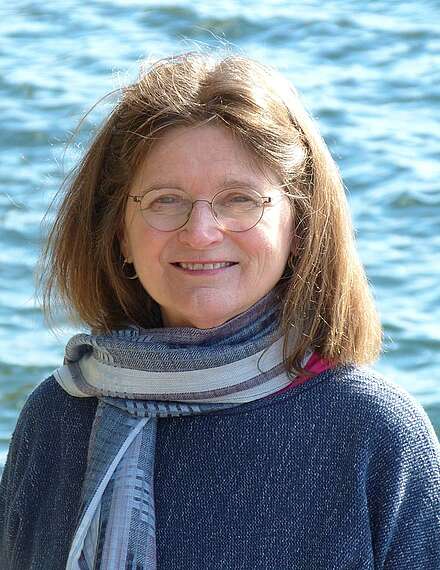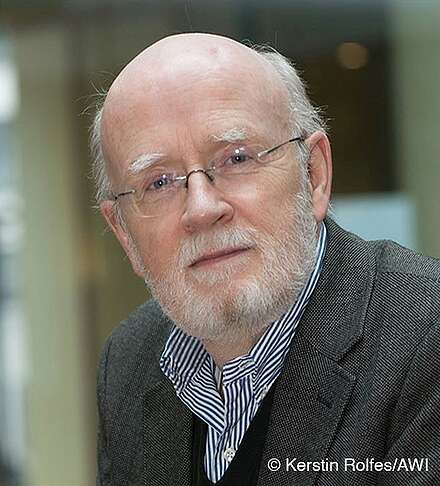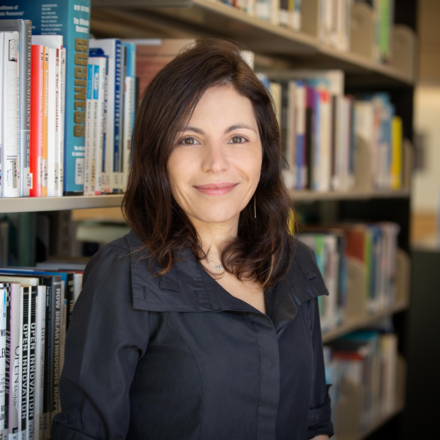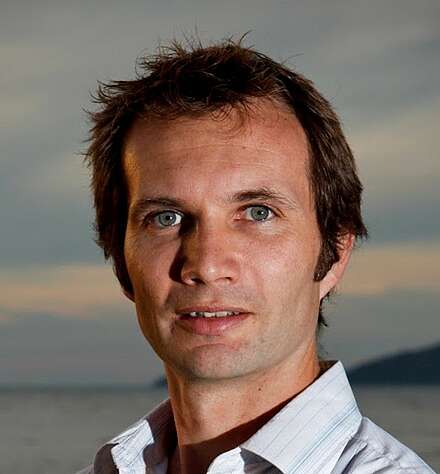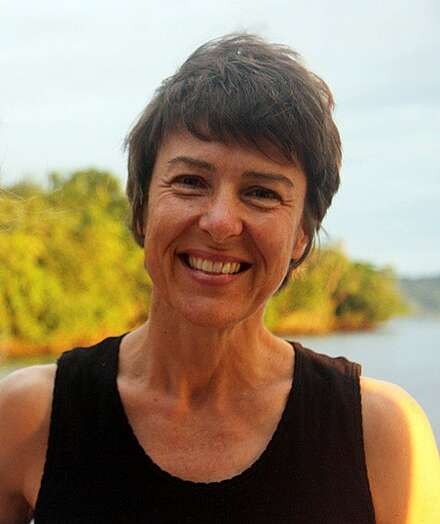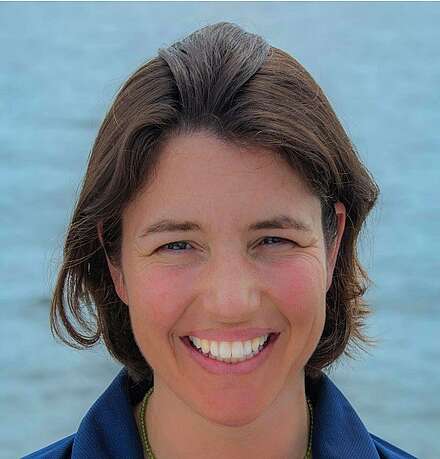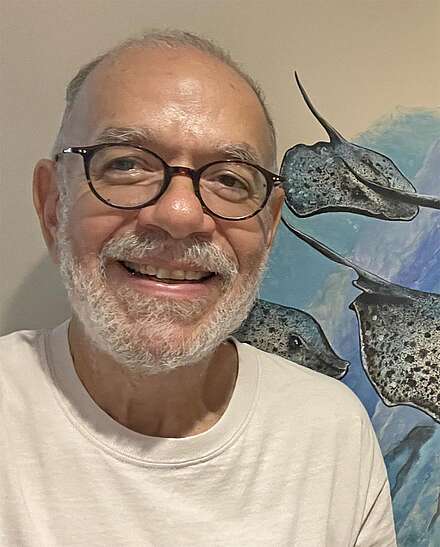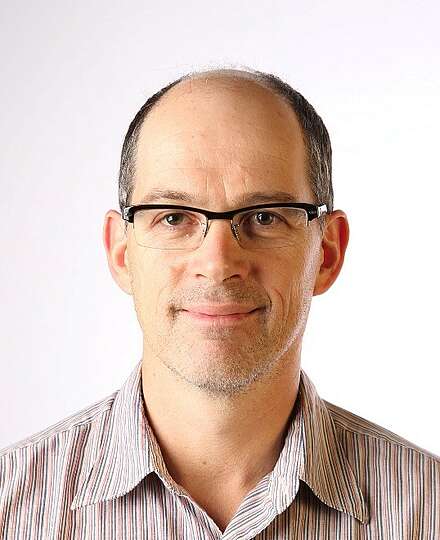Dr. Nancy Knowlton - Smithsonian National Museum of Natural History
For over 40 years, Dr. Nancy Knowlton has studied and worked to protect ocean biodiversity. She was a professor at Yale University (1979 - 1984), staff scientist at the Smithsonian Tropical Research Institute in Panamá (1984 - 1998), professor at the Scripps Institution of Oceanography (1998 - 2007), and Sant Chair of Marine Science at the Smithonian`s National Museum of Natural History (2007 - 2019). She was the founding director of the Center for Marine Biodiversity and Conservation at Scripps, co-led the coral reef program within the Census of Marine Life, chaired the synthesis panel of the World Bank’s targeted research for coral reefs program, and has served on the boards of the American Association for the Advancement of Science and the Coral Reef Alliance. She is the author of Citizens of the Sea, an elected member of the US National Academy of Sciences, and currently serves on the Global Board of The Nature Conservancy.
In 2020, she received the highest award of the International Coral Reef Society: The Darwin Medal. During the opening ceremony of the ICRS 2022 in Bremen, Germany, she will receive the award from the president of the International Coral Reef Society Prof. Dr. Andréa Grottoli. We are very pleased to welcome Dr. Nancy Knowlton as an award winner and plenary speaker at the upcoming ICRS meeting.
